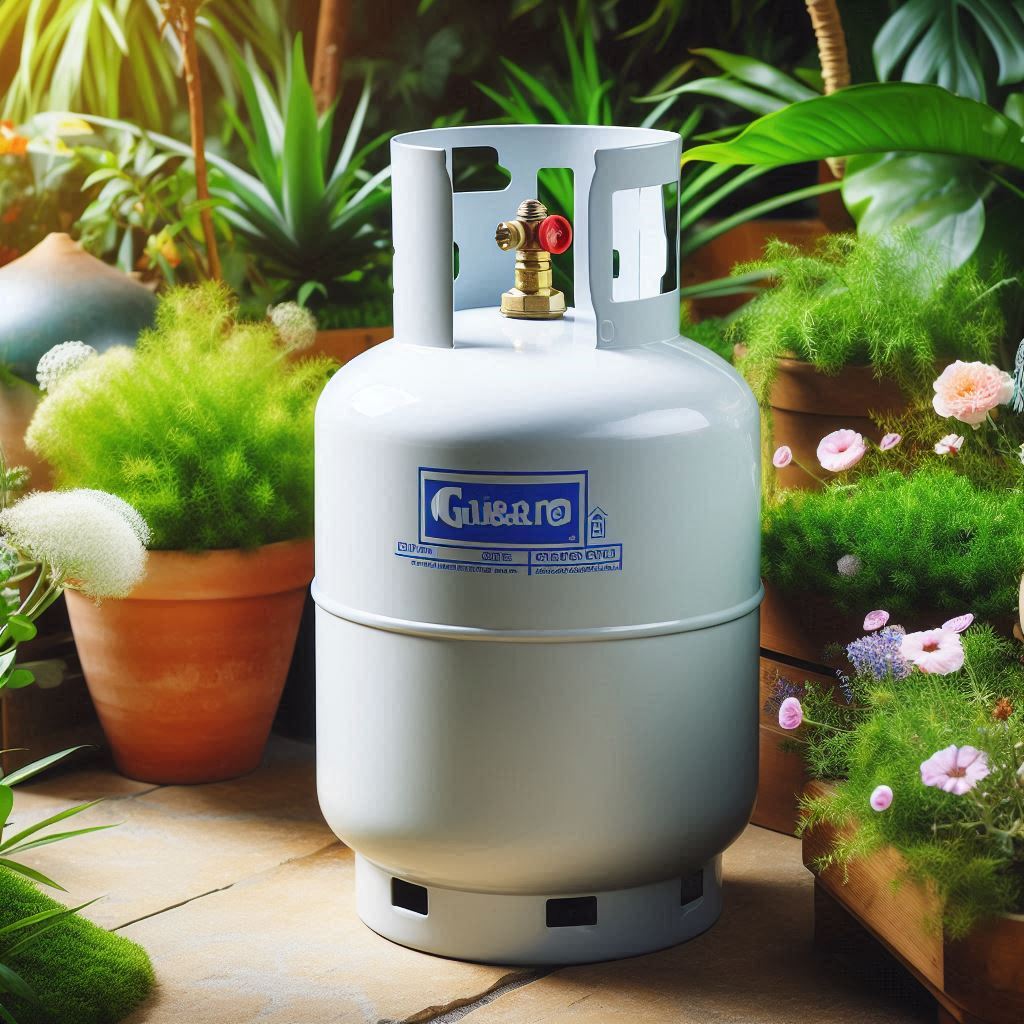Propane and natural gas are both popular fuels for home heating, cooking, and powering appliances, but they differ significantly in terms of cost, installation, functionality, and accessibility especially in the Texas Hill Country. Choosing between them depends on location, budget, and intended use.
Cost for Propane vs Natural Gas
- Fuel Cost
- Natural Gas: Natural gas is typically less expensive per BTU (British Thermal Unit) than propane, sometimes as much as 4x, often making it a more cost-effective choice for households with consistent gas needs. However, natural gas prices fluctuate based on supply and demand.
- Propane: Propane costs more per BTU than natural gas and is usually delivered and stored in a tank on the property. Since propane prices can also fluctuate, it can be more challenging to predict costs, especially for those using it in large volumes for heating or hot water.
- Billing Differences
- Natural Gas: Homeowners with natural gas usually pay monthly utility bills based on usage, which can help distribute costs over time.
- Propane: Propane is often paid for upon delivery, meaning homeowners need to pay upfront for a tank refill, which can be a higher immediate cost depending on the season and tank size.
Propane Installation and Infrastructure vs. Natural Gas
- Connection and Delivery
- Natural Gas: Homes with access to municipal natural gas lines can be connected to the utility. Installation involves laying gas lines and meters from the main lines to the home, which utility companies typically handle.
- Propane: Propane must be stored on-site in a tank, which can be above ground or buried. Homeowners need to coordinate with a propane supplier for tank installation, and local regulations may dictate where and how tanks can be placed.
- Tank Ownership and Maintenance
- Natural Gas: No tank is needed, so homeowners don’t have maintenance or rental fees for a gas tank.
- Propane: Homeowners can either buy or rent a propane tank. Purchased tanks require regular maintenance, while rented tanks are typically maintained by the supplier.
- Appliance Compatibility
- Both propane and natural gas work with standard gas appliances, but they operate at different pressures and require specific burners or orifices. Propane burns hotter than natural gas, so appliances need to be configured accordingly. Some appliances can be converted between fuels, but conversions often require a kit and professional assistance.
Functional Differences
- Efficiency and Heat Output
- Propane has a higher BTU content per cubic foot than natural gas, meaning it burns hotter and is more energy-dense. For heating purposes, this can translate to faster warming but also higher fuel consumption if used in the same appliance setup as natural gas.
- Environmental Impact
- Natural Gas: Often seen as more environmentally friendly than propane, as it produces less carbon dioxide per BTU and is generally available without transportation emissions due to direct pipelines.
- Propane: Although it’s a fossil fuel, propane burns cleaner than other fuels like oil or coal, making it a popular choice in rural areas where natural gas infrastructure is unavailable.
- Accessibility and Availability
- Natural Gas: Homes in urban and suburban areas generally have access to natural gas, as it’s delivered through a municipal pipeline network. Rural areas may not have this infrastructure, making natural gas less accessible.
- Propane: Propane can be delivered to almost any location, making it ideal for rural or off-grid homes without access to natural gas.
Additional Considerations
- Safety
- Both propane and natural gas are considered safe, though propane is heavier than air and can settle in low areas if a leak occurs, creating a potential hazard. Natural gas, being lighter than air, will rise and dissipate more quickly, reducing the risk of buildup but still requiring caution and detection equipment.
- Backup Power and Emergency Use
- Propane: Propane can be stored for long periods without degrading, making it a good backup option for emergencies and standby generators.
- Natural Gas: Utility disruptions are rare but could affect natural gas supply in emergencies. However, natural gas is a steady, “always-on” fuel source without the need for storage.

Summary
Choosing between propane and natural gas depends largely on accessibility and personal preference. Natural gas tends to be more cost-effective with less maintenance, but it requires utility access and infrastructure that may not be available in rural areas. Propane offers flexibility, a higher heat output, and better compatibility for off-grid use but comes with additional costs for storage, delivery, and maintenance. Both fuels are efficient for home heating, cooking, and appliances, so the choice often comes down to location and the homeowner’s long-term fuel cost strategy.
